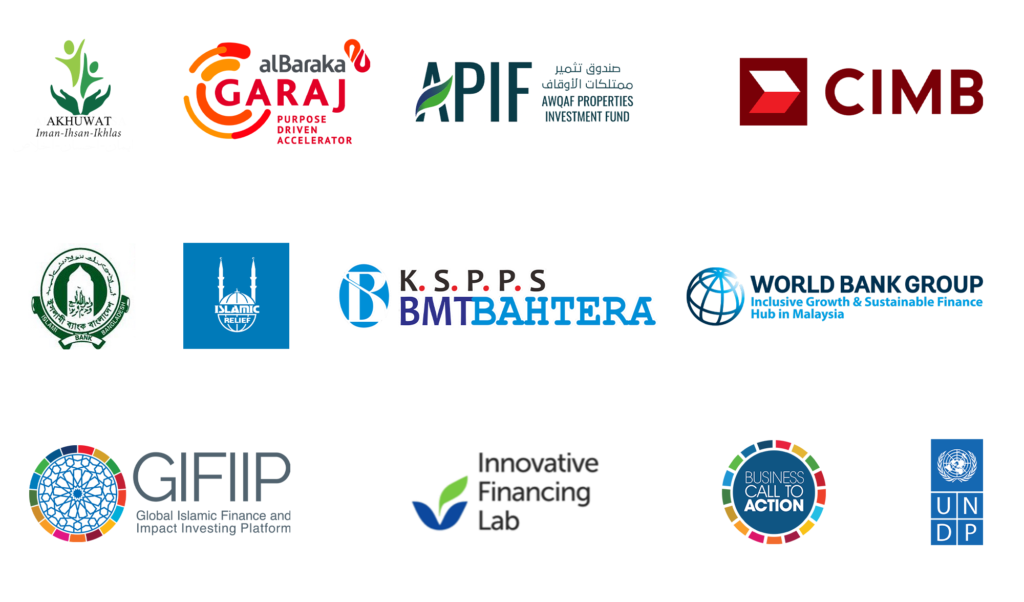MASSIVE OPEN ONLINE COURSE
ISLAMIC FINANCE FOR THE SUSTAINABLE DEVELOPMENT GOALS
Explore the foundations and principles of Islamic finance from the perspective of sustainable development.
ABOUT THE COURSE
Did you know that the financing gap in developing countries to achieve the Sustainable Development Goals by 2030 could increase by 70% in the wake of the COVID-19 pandemic? Are you interested in the role of Islamic finance in building a sustainable future? Do you want to learn about the foundations and principles of Islamic finance from the perspective of the Sustainable Development Goals? Are you a development professional engaging with Islamic finance institutions? An Islamic finance professional willing to acquire an in-depth understanding of financing sustainable development? Do you want to be a part of this alliance for a better world by channeling Islamic finance resources for the Sustainable Development Goals?
Islamic Development Bank (IsDB), IsDB Science, Technology and Innovation (STI) Fund – Engage Platform, Islamic Development Bank Institute (IsDBI), Durham University Business School, UNDP Istanbul International Center for Private Sector in Development (IICPSD), and the United Nations Development Programme (UNDP) are pleased to provide this free Massive Open Online Course (MOOC) on “Islamic Finance for the Sustainable Development Goals.”
Positioning Islamic finance as broadly relevant to Sustainable Development Goals and not only a niche proposition, this course is the first of its kind designed for capacity building in order to engage development professionals and Islamic finance partners for leveraging this vital source for financing sustainable development.
From the resemblance of Islamic finance principles to the objectives outlined by the Sustainable Development Goals, to the potential of Islamic microfinance in socioeconomic empowerment; this course brings theory and practice together with the authoring and video lecturing contributions of 27 leading subject matter experts.
Register now and take the course on UNDP’s Learning for Nature platform (free course access, free certificate):
https://www.learningfornature.org/en/courses/islamic-finance-for-the-sustainable-development-goals/
Register now and take the course on edX – Islamic Development Bank Institute (IsDBI) (free course access, edX certificate fee):
https://www.edx.org/course/islamic-finance-for-the-sustainable-development-goals
LEARNING OBJECTIVES
- Understand the 2030 Agenda for Sustainable Development
- Define the financing mechanisms for sustainable development and the Sustainable Development Goals
- Acquire extended awareness and comfortable communication in Islamic finance, as well as enhanced understanding of Islamic finance principles and the requirements of Islamic finance partners
- Build effective dialogue and partnerships within the global development community and Islamic finance stakeholders
- Outline which program design and policy requirements may be needed to engage with Islamic finance
- Identify projects and develop policies related to the Sustainable Development Goals that accommodate requirements pertaining to Islamic finance
- Develop blended finance solutions combining Islamic social and commercial finance instruments with technology and innovation
- Explore how Islamic finance instruments and institutions can be utilized to support the Sustainable Development Goals through real world case studies
COURSE SYLLABUS
MODULE 1 – Introduction
MODULE 2 – The Sustainable Development Goals and the Role of Islamic Finance
- Lesson 1 The Sustainable Development Goals and Financing the 2030 Agenda
- Lesson 2 Islamic Finance: An Ethical Proposition for Sustainable Development
- Lesson 3 The Islamic Finance Principles and Their Link with the Sustainable Development Goals
- Case Study An Interest-Free Microfinance Institution: Akhuwat Pakistan
- Case Study Charity-Based Microfinance: Islamic Relief Worldwide
MODULE 3 – Modes and Institutions of Islamic Finance
- Lesson 1 Islamic Commercial Finance Instruments
- Lesson 2 Islamic Social Finance Instruments and Institutions for Economic and Social Empowerment
- Lesson 3 Islamic Social Finance: Unlocking the Potential in Humanitarian Crises
- Lesson 4 The Governance Structure and Principles in Islamic Commercial and Social Finance Sectors
- Case Study Integrating Sustainability into Banking: CIMB Malaysia
- Case Study A Bank-Led Startup Accelerator: Albaraka Garaj
- Case Study Channeling Microfinance Through a Commercial Bank: Islami Bank Bangladesh Limited (IBBL)
- Case Study A Digitalized Islamic Cooperative Institution: KSPPS BMT Bahtera in Indonesia
MODULE 4 – Investing and Islamic Finance
- Lesson 1 Financial Mechanisms for Private Sector Engagement in Sustainable Development
- Lesson 2 Blending Islamic Finance and Impact Investing
- Lesson 3 Impact Measurement and Management
- Case Study Blending Islamic Finance and Impact Investing: The Global Islamic Finance and Impact Investing Platform (GIFIIP)
MODULE 5 – Perspectives for Multilateral Organizations in Engaging with Islamic Finance
- Lesson 1 Engaging with Islamic Finance Within the Policy Frameworks of Development Organizations
- Lesson 2 Financial Development with Risk-Sharing: An Islamic Finance Framework
- Lesson 3 Development Finance Framework and Infrastructure Institution: Islamic Development Bank (IsDB)
- Case Study Unlocking Zakat to Help Communities: UNDP Indonesia
- Case Study Activating Waqf for Sustainable Development: Awqaf Properties Investment Fund (APIF)
- Case Study Pioneering Green Sukuk: The Technical Assistance of the World Bank in Malaysia
- Case Study Pioneering Green Sukuk: The Technical Assistance of UNDP in Indonesia
KEY RESULT AREAS & ANTICIPATED OUTCOMES
EXTENDED AWARENESS
And effective communication of Islamic finance and enhanced understanding of Islamic finance principles
CAPACITY BUILDING
Among Islamic finance industry and regulatory bodies on the role of Islamic finance in sustainable development and financing the SDGs
DIALOGUE AND PARTNERSHIPS
Developing policies and identifying projects for sustainable development where Islamic finance would be broadly relevant
UNIQUE RESOURCE
That is recorded and will be available on a permanent basis in the future
BROAD BASE OF TARGET AUDIENCE
Development professionals, Islamic finance stakeholders, regulatory bodies, academia and more
ABOUT THE INSTRUCTORS
Module 1
Introduction
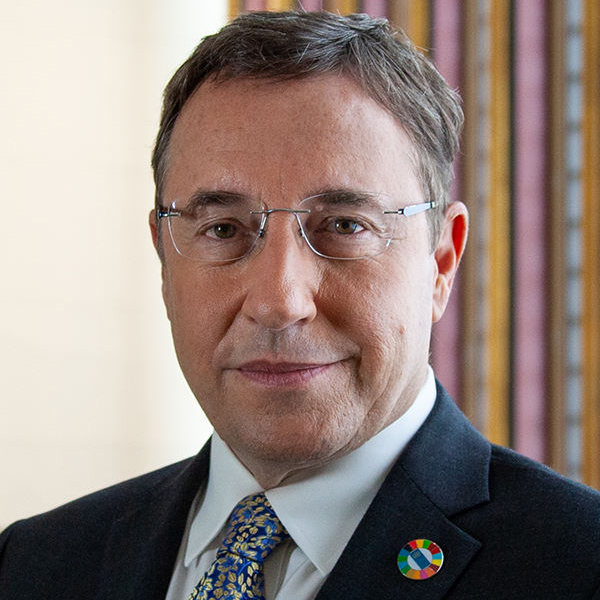
Achim Steiner
UNDP Administrator
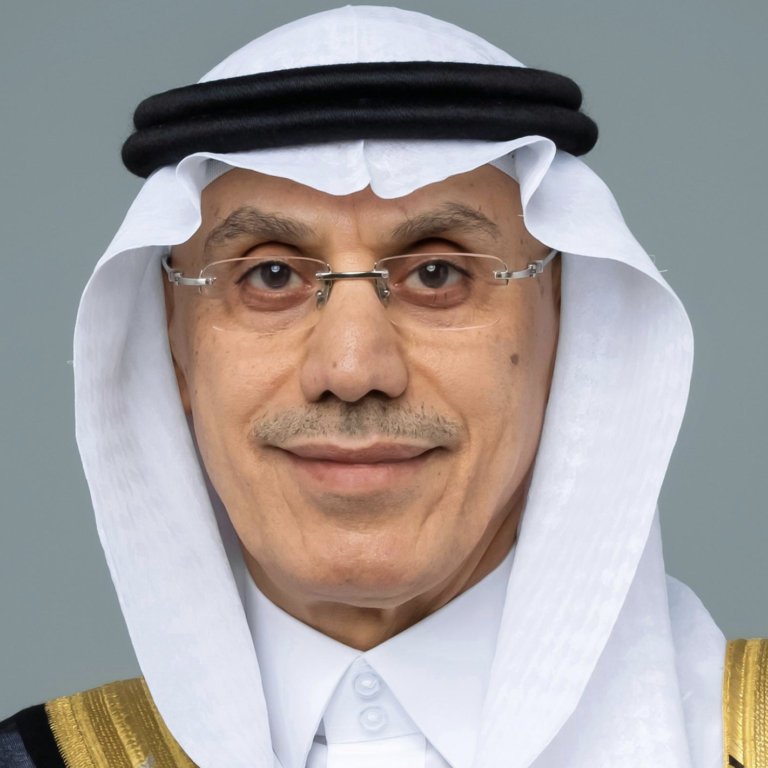
H.E Dr. Muhammad Al Jasser
President, Islamic Development Bank and Chairman, Islamic Development Bank Group

H.E Dr. Muhammad Al Jasser
President, Islamic Development Bank and Chairman, Islamic Development Bank Group
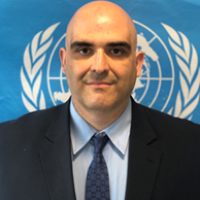
Sahba Sobhani
Director
UNDP Istanbul International Center for Private Sector in Development (IICPSD)

Sahba Sobhani
Director
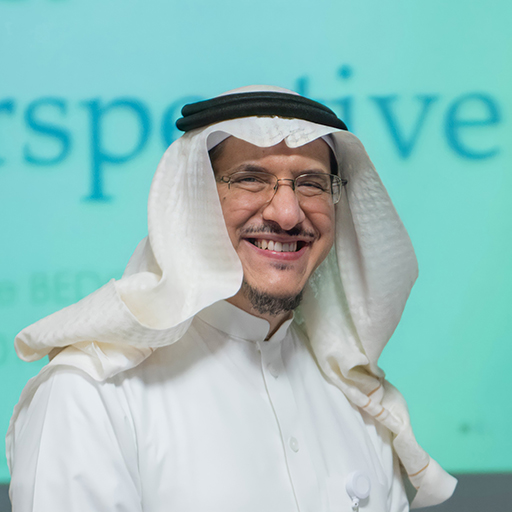
Dr. Sami Al Suwailem
Acting Director General and Chief Economist
Islamic Development Bank Institute (IsDBI)

Dr. Sami Al Suwailem
Acting Director General and Chief Economist
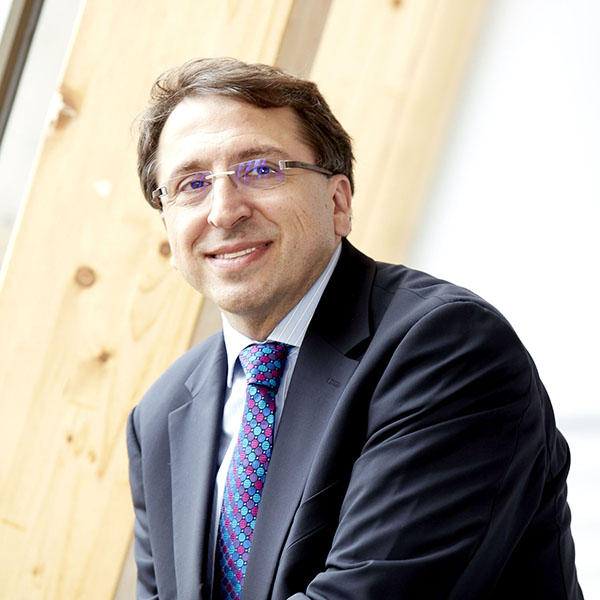
Prof. Mehmet Asutay
Professor of Middle Eastern and Islamic Political Economy & Finance
Durham Centre for Islamic Economics and Finance (DCIEF), Durham University Business School

Prof. Mehmet Asutay
Professor of Middle Eastern and Islamic Political Economy & Finance
Module 2
The Sustainable Development Goals And The Role of Islamic Finance

Dr. Mahmoud Mohieldin
Special Envoy on Financing 2030 Agenda for Sustainable Development
United Nations

Dr. Mahmoud Mohieldin
Special Envoy on Financing 2030 Agenda for Sustainable Development

Prof. Mehmet Asutay
Professor of Middle Eastern and Islamic Political Economy & Finance
Durham Centre for Islamic Economics and Finance (DCIEF), Durham University Business School

Prof. Mehmet Asutay
Professor of Middle Eastern and Islamic Political Economy & Finance
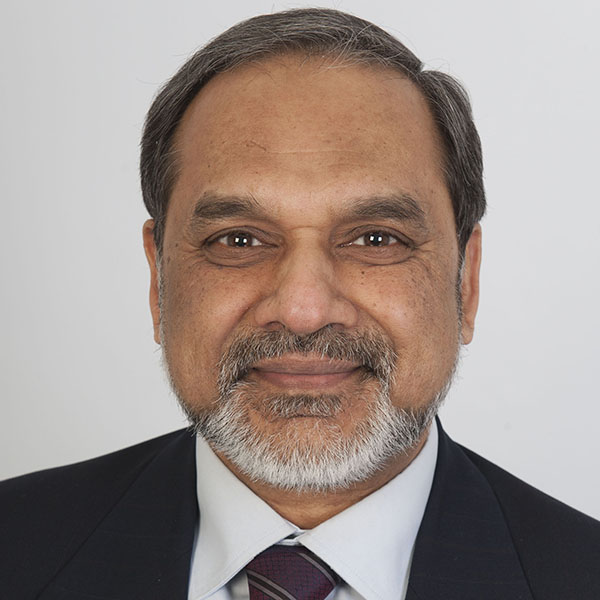
Prof. Habib Ahmed
Sharjah Chair in Islamic Law & Finance
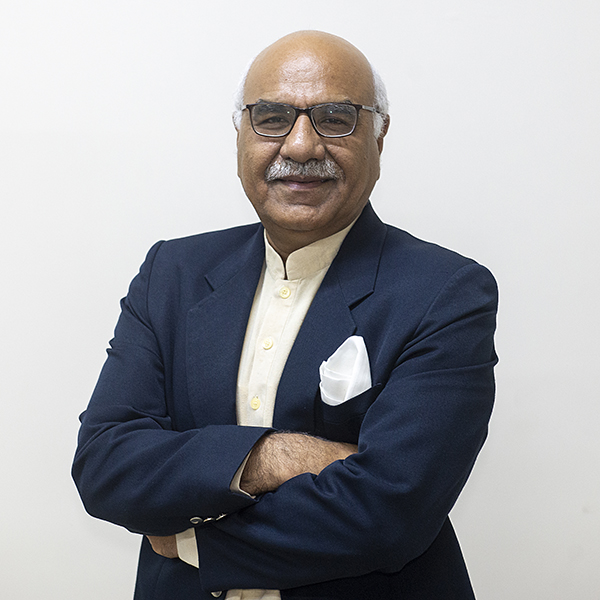
Dr. Muhammad Amjad Saqib
Founder & Chairman
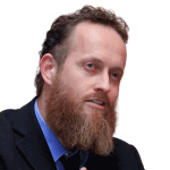
Dr. Mohammed Kroessin
Head of the Islamic Microfinance Business Unit
Module 3
Modes and Institutions of Islamic Finance
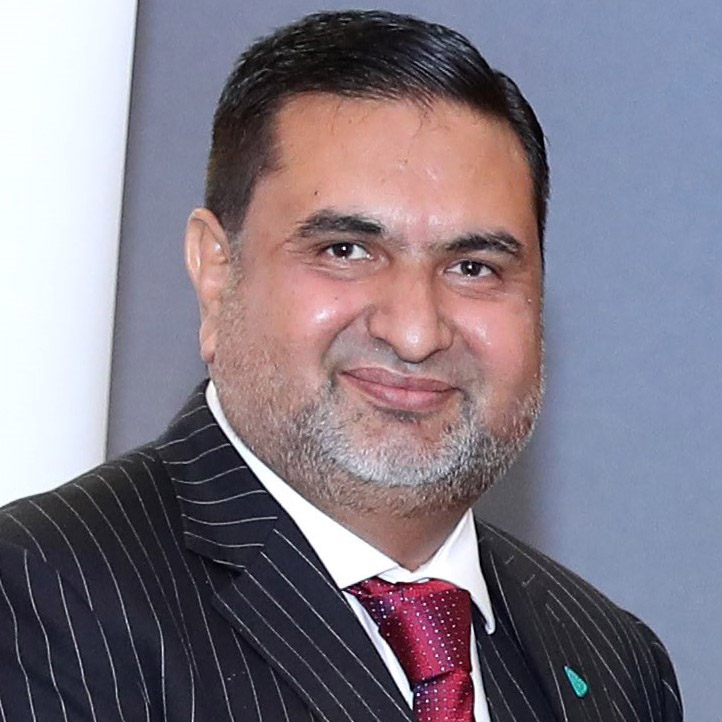
Kamran Khalid Sherwani
Islamic Banking and Finance Expert
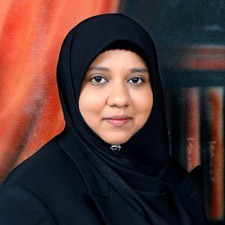
Dr. Aishath Muneeza
Associate Professor
International Centre for Education in Islamic Finance (INCEIF), Malaysia

Dr. Aishath Muneeza
Associate Professor
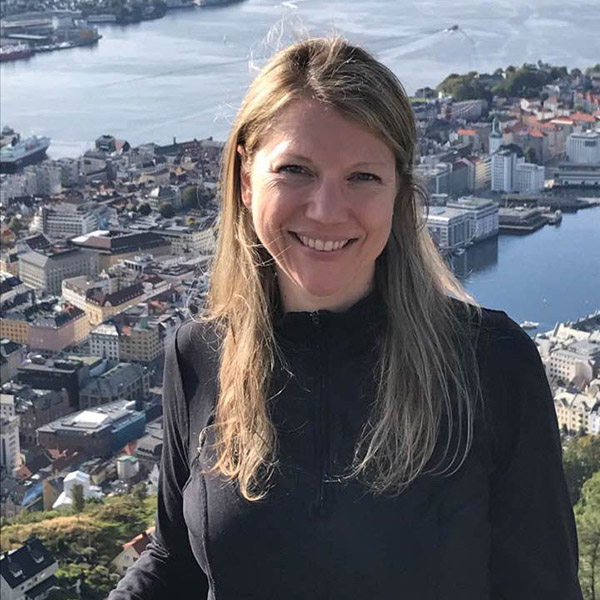
Dr. Sarah A. Tobin
Research Professor
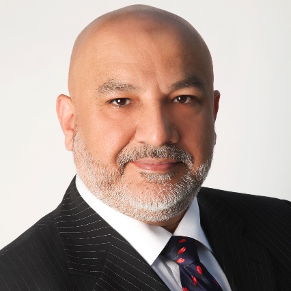
Mohammad Farrukh Raza
Group CEO
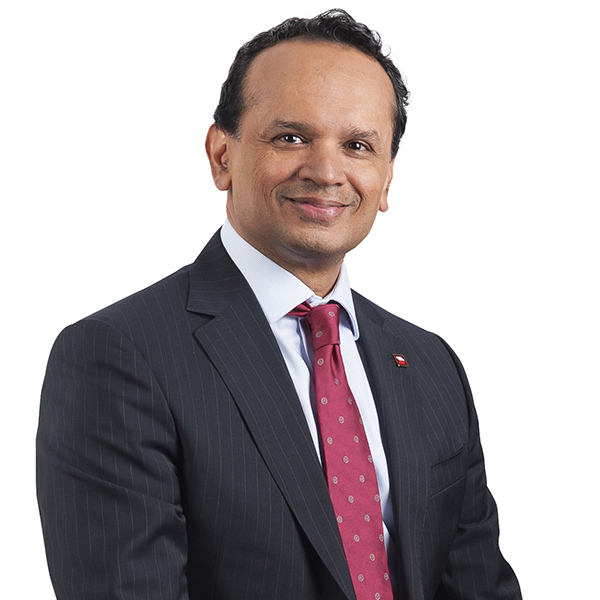
Rafe Haneef
Chief Executive Officer

Talha Erdoğan
Director
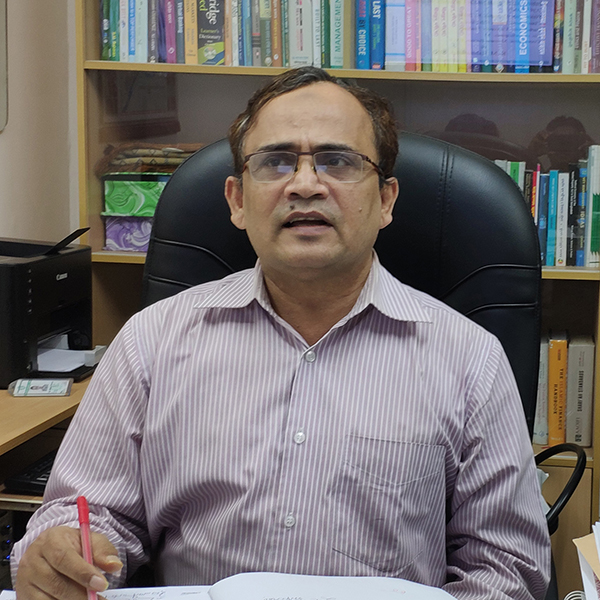
Dr. Md. Mizanur Rahman
Director Research
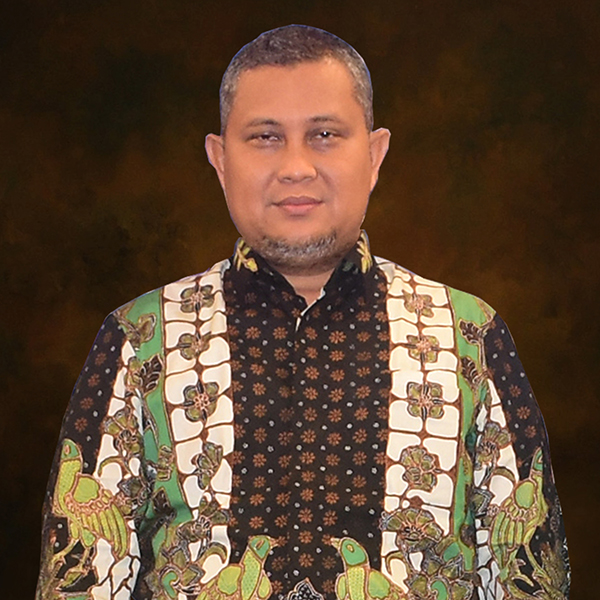
Budi Hardyansyah
Chairman
Module 4
Impact Investing And Islamic Finance
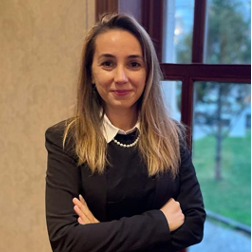
Funda Süzer
Impact Investing Portfolio Lead
UNDP Istanbul International Center for Private Sector in Development (IICPSD)

Funda Süzer
Impact Investing Portfolio Lead
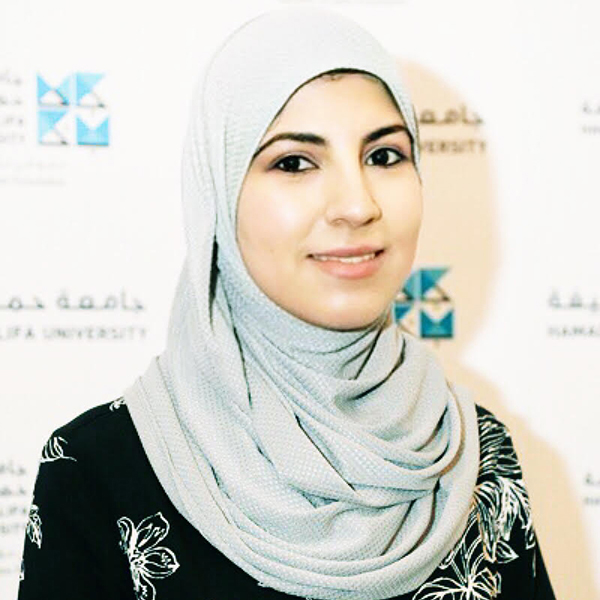
Dr. Dalal Aassouli
Associate Dean for Academic Affairs & Assistant Professor of Islamic Finance
College of Islamic Studies, Hamad bin Khalifa University (HBKU)

Dr. Dalal Aassouli
Associate Dean for Academic Affairs & Assistant Professor of Islamic Finance
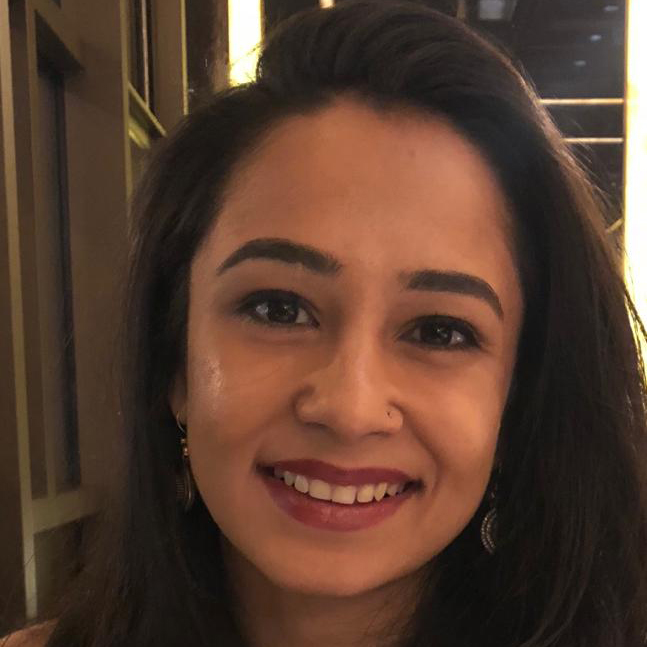
Rabayl Mirza
Impact Specialist
United Nations Development Programme (UNDP) Business Call to Action (BCtA)

Rabayl Mirza
Impact Specialist

Ayşe Nur Tepebaşı
Islamic Finance Portfolio
UNDP Istanbul International Center for Private Sector in Development (IICPSD)

Ayşe Nur Tepebaşı
Islamic Finance Portfolio
Module 5
Perspectives For Multilateral Organizations In Engaging With Islamic Finance
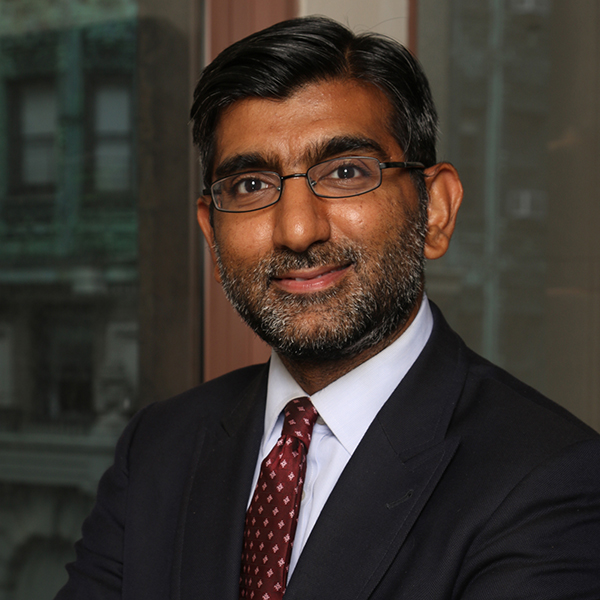
Dr. Aamir Rehman
Senior Advisor on Islamic Finance

Mariana González Migueles
Team Leader, International Financial Institutions Partnerships Team
United Nations Development Programme (UNDP)

Mariana González Migueles
Team Leader, International Financial Institutions Partnerships Team
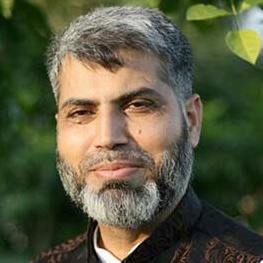
Dawood Ashraf
Ph.D., CFA Senior Research Economist
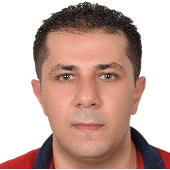
Dr. Rami Abdelkafi
Team Leader, Knowledge Leaders
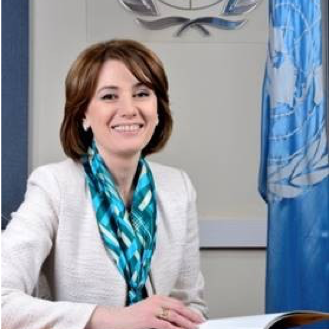
Sophie Kemkhadze
Deputy Resident Representative
United Nations Development Programme (UNDP) Indonesia

Sophie Kemkhadze
Deputy Resident Representative
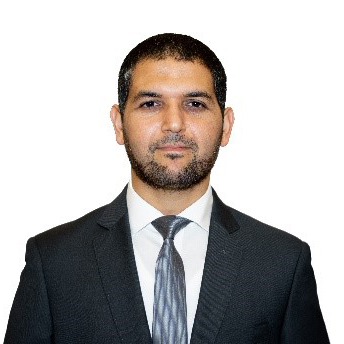
Dr. Mohamed Ali Chatti
Manager, Awqaf Investment Funds Division Acting Director
Islamic Financial Sector Development (IFSD) Department, Islamic Development Bank (IsDB)

Dr. Mohamed Ali Chatti
Manager, Awqaf Investment Funds Division Acting Director
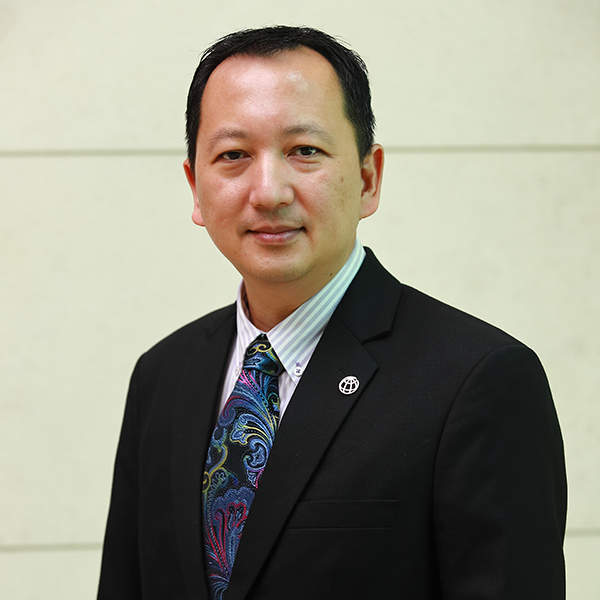
Mohamed Rozani Osman
Senior Financial Sector Specialist
World Bank Group Inclusive Growth and Sustainable Finance Hub in Malaysia

Mohamed Rozani Osman
Senior Financial Sector Specialist
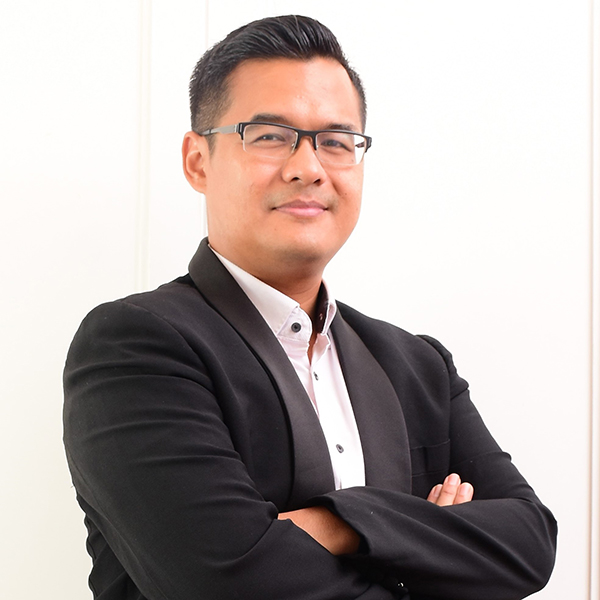
Muhammad Didi Hardiana
Head of Innovative Financing Lab
United Nations Development Programme (UNDP) Indonesia

Muhammad Didi Hardiana
Head of Innovative Financing Lab
PARTNER INSTITUTIONS

CONTRIBUTING INSTITUTIONS
